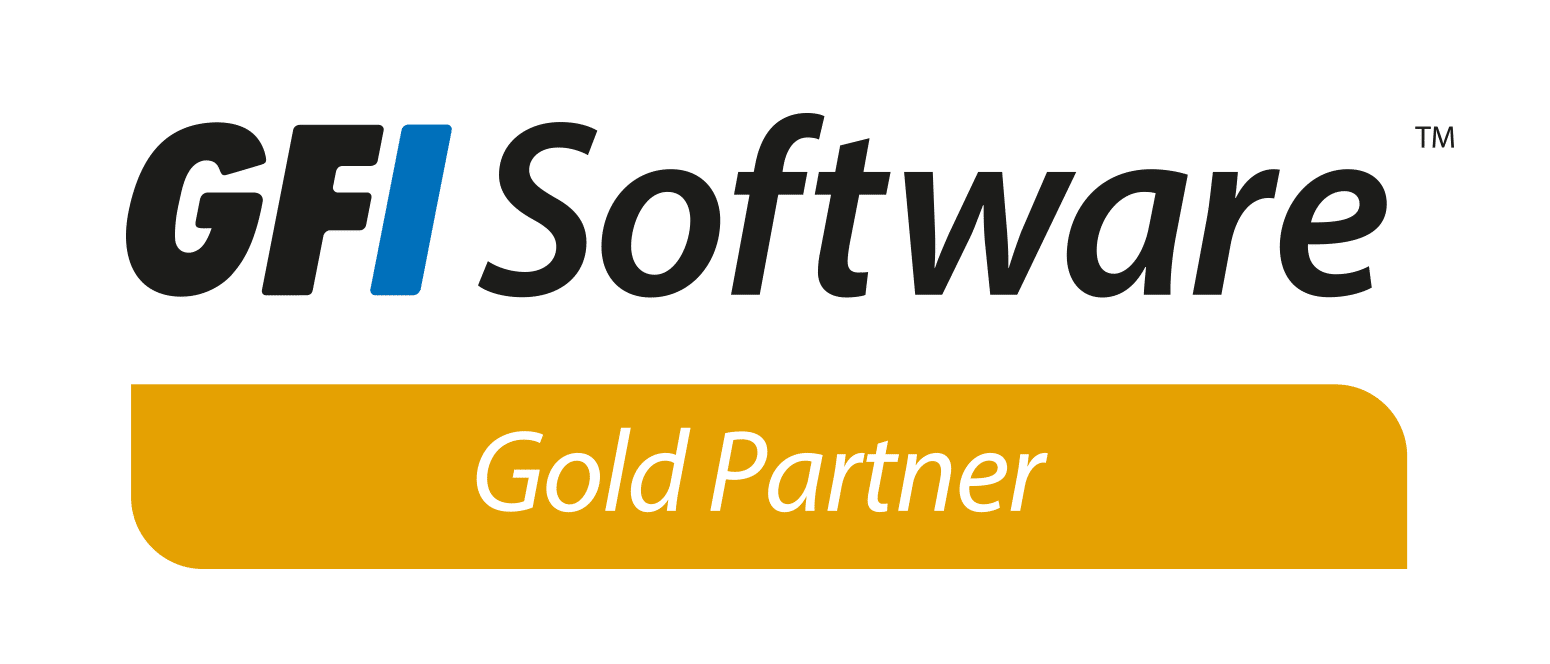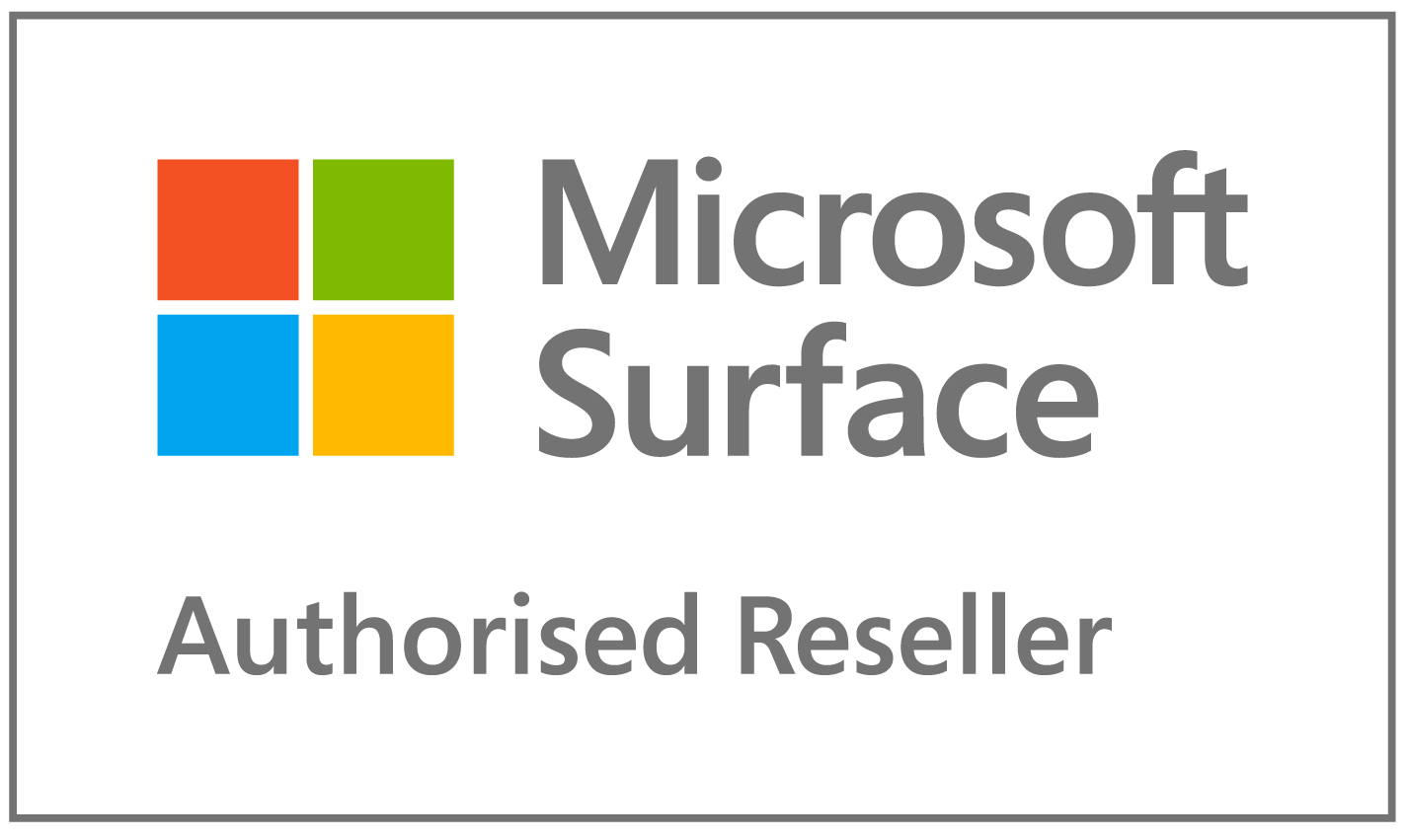We often discuss security in our Newsletter articles, and work constantly with all of our clients to improve the safety of their devices and networks. But with the never-ending evolution of security risks and attacks, security needs to always be a top priority for all of us.
And despite our constant warnings, we still deal with Mac Aid clients who have had their devices compromised, leading to real financial or reputation loss, and serious inconvenience.
While security updates, antivirus software and firewalls play a big part in protecting against external attacks, user behaviour and social engineering threats are also a major threat. So even if your Mac, network or other device is secure, it may be that you are the biggest security risk yourself. No matter how secure your systems are, attackers will still be able to get in if you mistakenly give them access.
Be wary of social engineering attacks
Social engineering attacks are a common tactic used by hackers to gain access to sensitive information. These attacks involve tricking a user into revealing their login credentials or personal information through phishing emails, fake websites, SMS or phone calls.
Always be skeptical of unsolicited requests for personal or account information, and be sure to verify the authenticity of any requests before providing any sensitive data.
Scammers take advantage of the fact that people are fairly polite and helpful and not inclined to push back. To sound authentic they may even research you or your organisation to find out the names of people or companies you work with. Stop and consider these requests, and then politely but forcefully tell them that you will have to get back to them.
A big part of the success of these attacks is the sense of urgency intentionally created by attackers. Even a technically savvy, security aware person can be fooled into complying in the middle of a busy day if the matter is made to seem legitimate and urgent.
But nothing is so urgent that you can’t stop to check that the phone call, SMS or email you have received is genuine. No matter how honest, helpful or insistent a request for your details may seem, remember that no reputable provider should ever approach you in that way to ask for your details.
Contact whatever service provider is involved directly. You could go directly to their website (type in the actual URL, never click a link in an email), phone the number you have on record for them, or use their official app if you have one installed. You might even ask a co-worker, or Mac Aid to tell you if they think a request is legitimate.
And remember all of the usual security basics:
Keep Your Mac Updated
One of the most important things you can do to protect your Mac is to keep it updated with the latest software and security patches. Apple regularly releases updates that fix security vulnerabilities and improve system performance. By keeping your Mac updated, you can help prevent hackers from exploiting known vulnerabilities to gain access to your device.
Use Strong Passwords
Using strong passwords is one of the simplest yet most effective ways to protect your Mac and accounts. Avoid using easy-to-guess passwords such as “123456” or “password”. Instead, use a combination of upper and lowercase letters, numbers, and special characters to create a strong password that’s difficult to crack. Additionally, never use the same password for multiple accounts, as this can make it easier for hackers to gain access to your personal information.
Enable Two-Factor Authentication
Two-factor authentication (2FA or MFA) is an additional layer of security that requires a user to provide two forms of identification before gaining access to an account. By enabling 2FA on your Mac and accounts, you can help protect against unauthorised access even if your password is compromised. When 2FA is enabled, a unique code is sent to your phone, email account or authenticator app that must be entered in addition to your password to access your account.
Use Antivirus Software
While Macs are generally considered to be more secure than PCs, they are still susceptible to malware and viruses. To protect against these threats, it’s important to use antivirus software. Mac Aid recommends Malwarebytes. We actively monitor our Malwarebytes clients daily and warn them of any threat that is picked up on their systems.
Avoid Public Wi-Fi
Public Wi-Fi networks are often unsecured, making them a prime target for hackers. When using public Wi-Fi, avoid accessing sensitive information such as banking or email accounts. If you must access sensitive information, consider using a virtual private network (VPN) to encrypt your data and protect against potential attacks.
Back Up Your Data
Backing up your data is an important step in protecting your Mac, phone or iPad against data loss. In the event of a hardware failure or security breach, having a backup of your data can help you recover quickly without losing important files or information. There are many options available for backing up your data, including using Time Machine on an external hard drive for a Mac or cloud storage services. Mac Aid can advise you on a backup strategy that will suit your particular situation.
Use a Firewall
A firewall is a network security system that monitors and controls incoming and outgoing network traffic. By using a firewall on your Mac, you can help prevent unauthorized access to your device and protect against potential attacks. For larger networks a dedicated Firewall is a necessity, phone Mac Aid to discuss options.
Don’t Trust Unknown Attachments
Email attachments can be a major source of malware and viruses. To protect against these threats, never open an attachment from an unknown sender or a suspicious email. Even if an attachment appears to be from a trusted source, it’s important to verify its authenticity before opening it.
Call Mac Aid
Keeping your devices and accounts secure is a never ending job – because the threats and methods that scammers use are constantly evolving and never ending. If you’re worried that you aren’t as on top of security as you should be, give Mac Aid a call to discuss some strategies.











